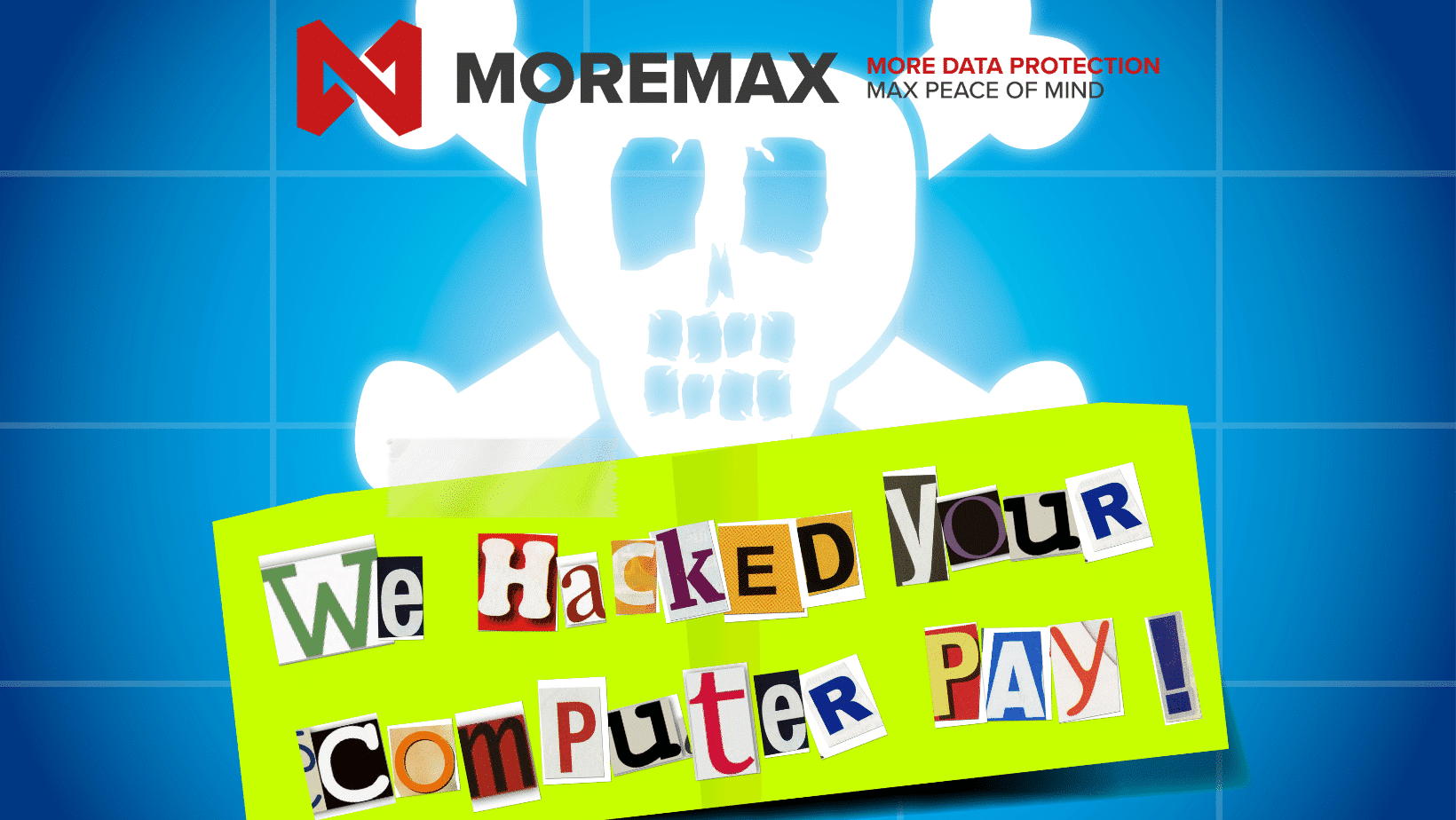
Google and Microsoft are two tech giants with distinct market strategies. While both companies compete in various areas, they have different core focuses and approaches to the market. Here’s a comparison of their market strategies:
- Core Businesses:
- Google: Google’s primary business revolves around online advertising and search. It dominates the search engine market and generates a significant portion of its revenue through advertising products like Google Ads. Additionally, Google has a strong presence in cloud computing with Google Cloud Platform (GCP) and offers a range of software and services, including Android and Google Workspace.
- Microsoft: Microsoft’s core business has traditionally been software, particularly the Windows operating system and Microsoft Office suite. However, it has diversified into cloud services with Microsoft Azure, and it also has a presence in hardware (e.g., Surface devices and Xbox). Microsoft emphasizes the integration of its software and cloud services to create a comprehensive ecosystem for businesses and consumers.
- Cloud Computing:
- Google: Google is a major player in cloud computing with GCP, aiming to compete with Amazon Web Services (AWS) and Microsoft Azure. Google’s focus is on providing AI and machine learning capabilities within its cloud services, leveraging its expertise in these areas.
- Microsoft: Microsoft’s Azure is a key competitor in the cloud computing market. Microsoft differentiates itself by offering a wide range of enterprise software solutions integrated with its cloud services, making it an attractive option for businesses looking for hybrid cloud solutions.
- Operating Systems:
- Google: Google’s Android is the dominant mobile operating system globally. It’s open-source and used by a wide range of device manufacturers. Chrome OS is another Google product, primarily for laptops and education markets.
- Microsoft: Windows is the dominant desktop operating system, with a significant presence in the enterprise market. Windows 10 and Windows 11 are the latest versions, catering to both traditional PCs and 2-in-1 devices.
- Hardware:
- Google: Google manufactures hardware products like Pixel smartphones, Chromebooks, and Google Nest smart home devices. These products often showcase the integration of Google’s software and services.
- Microsoft: Microsoft manufactures Surface devices, including tablets, laptops, and 2-in-1 devices. Additionally, Microsoft’s acquisition of Xbox positions it in the gaming hardware market.
- Artificial Intelligence:
- Google: Google is known for its strong focus on AI and machine learning, incorporating AI into its products and services, from search to cloud offerings. Google’s DeepMind is a leading AI research organization.
- Microsoft: Microsoft has its AI research division and integrates AI capabilities into its software, cloud services, and products. Azure AI and Cognitive Services are examples of AI-driven solutions. Recently introducing Copilot with integrated technologies to help your business.
- Ecosystem and Integration:
- Google: Google emphasizes the interconnectedness of its products, promoting a unified user experience across its ecosystem. For example, Google Workspace (formerly G Suite) provides a suite of productivity tools, and Android devices are deeply integrated with Google services.
- Microsoft: Microsoft’s strategy centers on building a comprehensive ecosystem where Windows, Office 365, Azure, and various software solutions work seamlessly together. They also promote cross-platform compatibility.
While both Google and Microsoft compete in various technology sectors, they have different core businesses and strategic priorities. Google is heavily focused on search, online advertising, and AI, whereas Microsoft emphasizes software, cloud services, and ecosystem integration. Each company leverages its strengths and expertise to compete and innovate in their respective markets.
Very dependent on your needs, these two giants personify different approaches to the tech industry. Reach out to MoreMax Inc if you need further information or suggestions.





Related Posts